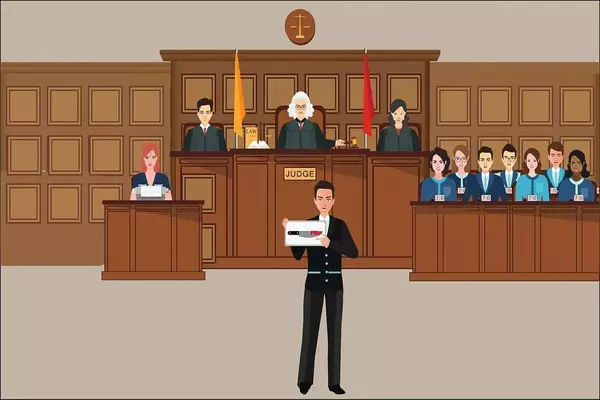After a personal injury, it’s essential to consult with an attorney. This process involves the attorney performing a liability analysis of the case, which often requires extensive research.
It’s critical to be honest with your lawyer. This helps them develop a compelling case with genuine facts, ultimately enhancing the possibility of a successful outcome in your legal claim.
Table of Contents
Don’t Settle Your Case Early
A skilled injury lawyer like Fuicelli & Lee Injury Lawyers can help you decide whether it makes sense to settle your case. They can evaluate your claim’s strengths and weaknesses, but it is ultimately up to you to choose whether to settle.

Avoid letting your attorney pressure you into settling too soon. It may be tempting to settle early, but you will only get less money in the long run. Moreover, you could lose the right to pursue further financial compensation for any future costs incurred due to your injury.
Furthermore, trials are stressful and time-consuming. Settling your case relieves the stress and uncertainty of leaving your fate to a jury. Moreover, it can also bring the matter to a close much earlier than a trial would.
Don’t Talk to the Insurance Company
Insurance companies are looking to settle your case as quickly as possible and for less money than your claim is worth. They often ask leading questions to get you to admit fault for the accident or downplay your injuries.
If an insurance company calls you, referring them to your attorney is best. You may need to provide some basic information, such as when and where the accident happened. Still, it would help if you refrained from discussing the details of your injuries or giving a recorded statement.
Your lawyer is trained to handle communications with the insurance company on your behalf and will protect your rights throughout the process. This will make your case much more successful. This also helps to level the playing field between you and the insurance company.
Don’t Sign Medical Releases
Insurance companies often request access to accident victims’ medical records. This is an attempt to uncover any pre-existing conditions they can use to deny or reduce your claim. However, signing medical releases without an attorney present is never a good idea. The attorney can review the documents and determine what information is pertinent to your case and what should be kept private.
It is also important to note that an accident victim may not be obligated to release their medical records. If the insurance company requests these records, contacting an injury lawyer who can examine the situation and provide legal advice is a good idea.
Don’t Get into Conversations About Your Case
When you meet with your lawyer, you will be asked to share private details about the accident and your injuries. It is important to be completely honest for your case’s success. Dishonesty will significantly jeopardize your credibility, which can severely hinder the strength of your claim.
Remember that the third-party administrators (TPA) are out to protect their employer’s interests and reduce the employer’s financial liability in a workers’ comp case. They are going to use whatever information they can gather against you. This is especially true of pre-existing asymptomatic conditions that become aggravated by your injury and create new symptoms.
Often, the information shared with an attorney is so overwhelming that taking on your case makes no business sense. If so, your lawyer will explain why and help you find another option. A lawyer can only work on a contingency basis if their fee provides enough income.
